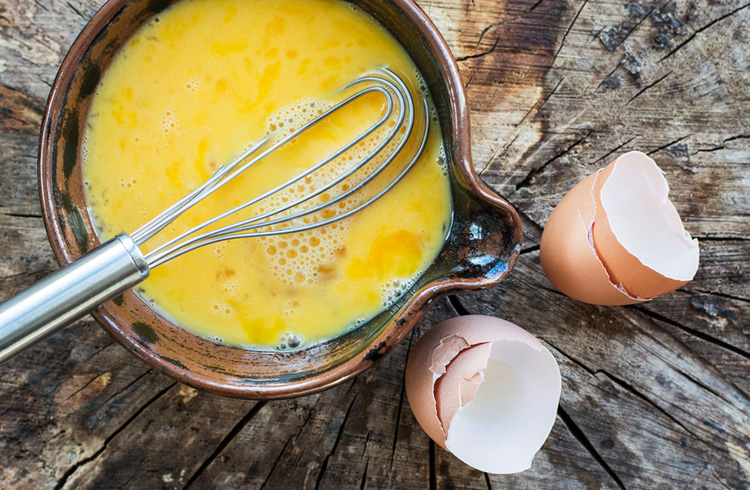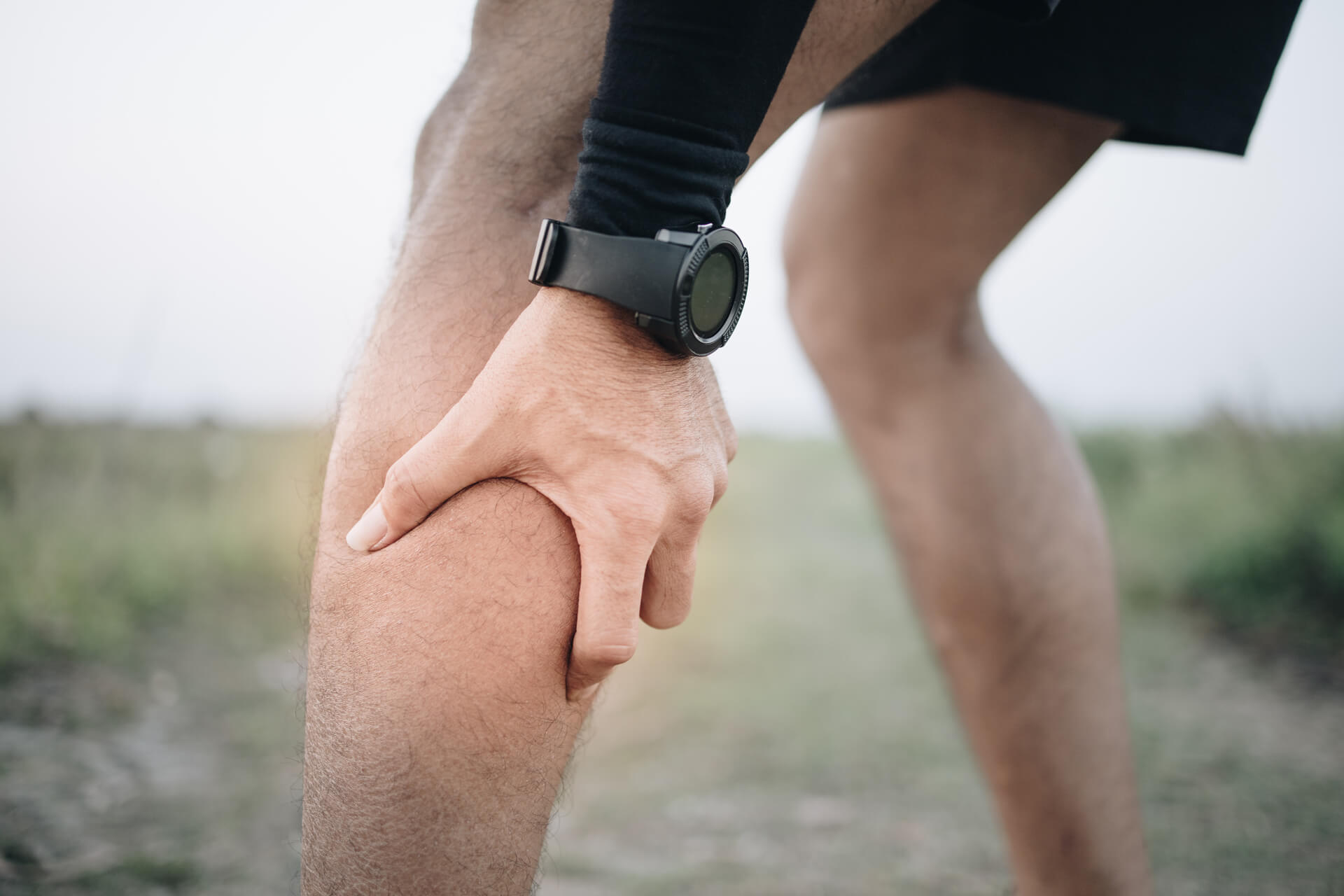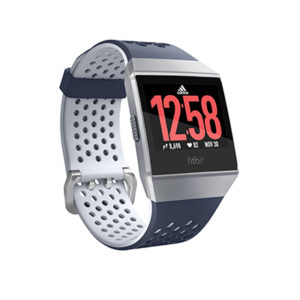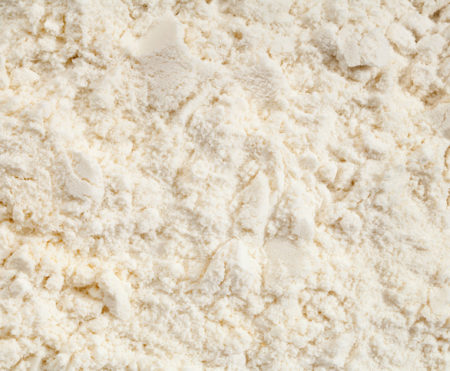WHAT ARE THEY?
Possibly the most instantly recognisable food in the world, for a start. The eggs we talk about here are the unfertilised products of birds – chicken eggs being the most popular. Within the shell is an outer, fluid membrane and within that is the yolk. In 2013, an incredible 65.5 million tons of eggs were produced worldwide.
WHAT DO YOU DO WITH THEM?
Take a moment to consider a world without eggs. Cakes wouldn’t be the same, breakfasts would be incomplete, and pancake day would be a distant memory. The healthiest way to cook eggs, though, is simply to poach or boil them. For the perfect poached egg: crack into a cup; add a dash of vinegar to a pan of bubbling water; stir the water to create a whirlpool; and ease the egg into the pan, cooking for two to three minutes.
WHY ARE THEY GOOD FOR MY HEALTH?
Until recently, they weren’t. Nutritionists warned against the cholesterol levels contained in the yolk. However, it’s been discovered that, of the two types of cholesterol – LDL and HDL – eggs increase the amount of the ‘good’ HDL, which removes fatty deposits and protects against heart disease. They’re also one of the very best sources of protein, with one egg containing around 13g, and are so nutrient-dense that, when consumed in moderation, they’re thought to help prevent various eye diseases, cancers and mental health problems.
Related: Runner-friendly recipes
Did you know?
- One large egg contains 6g of protein and only 70 calories
- Most of the eggs protein is in the yolk, including half the protein
- You can get 50% of your daily requirement of B12 from one egg







